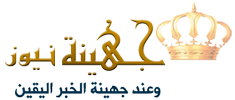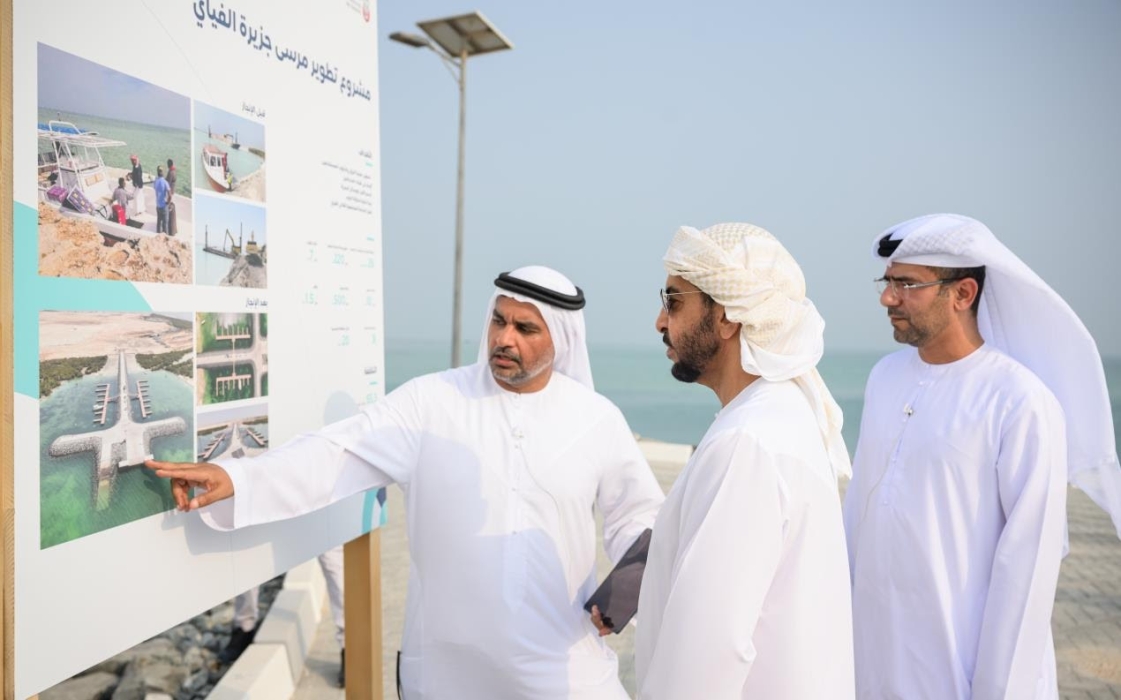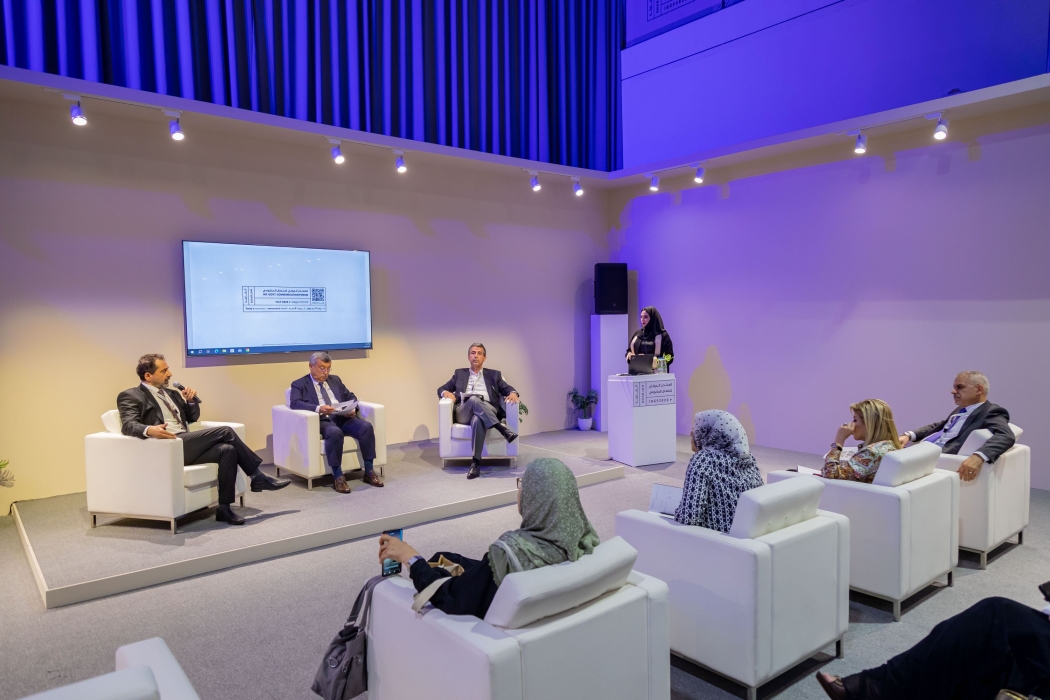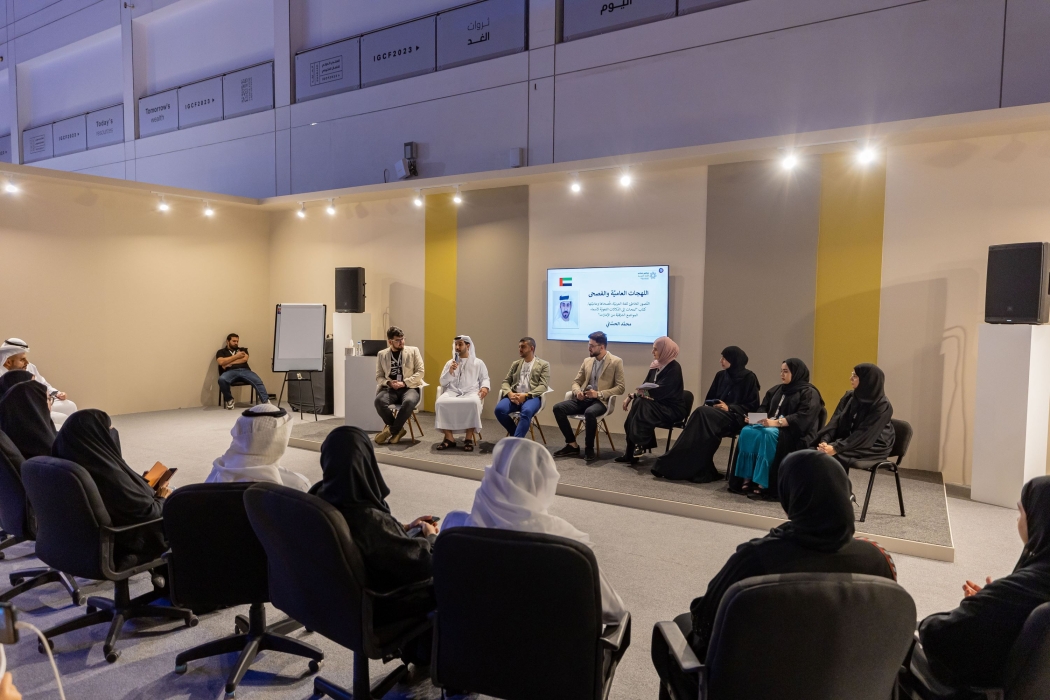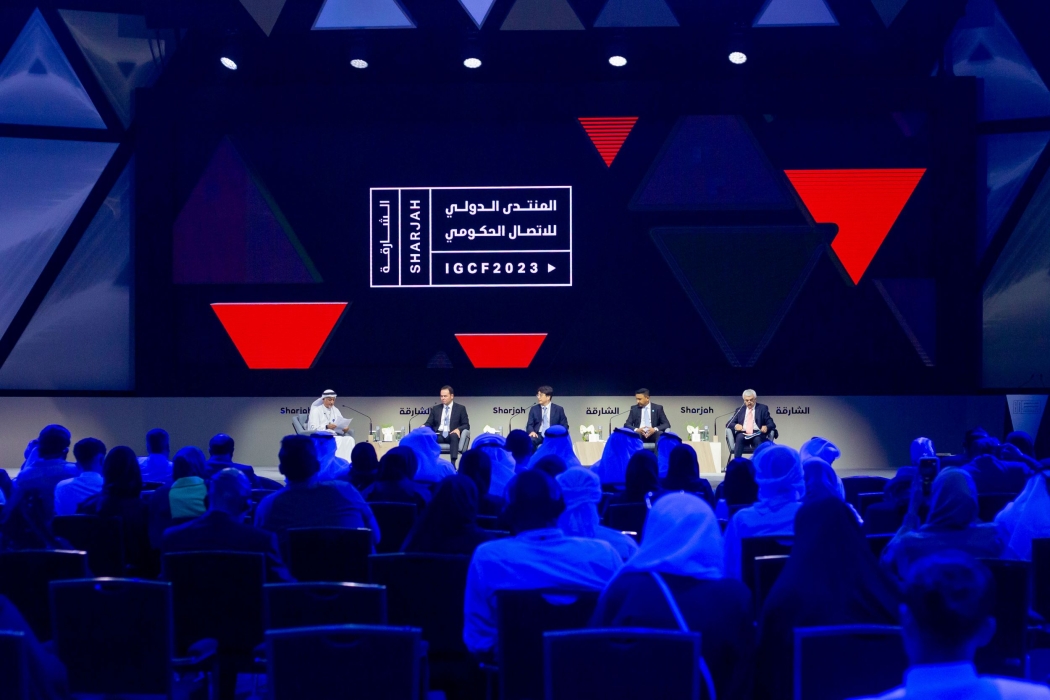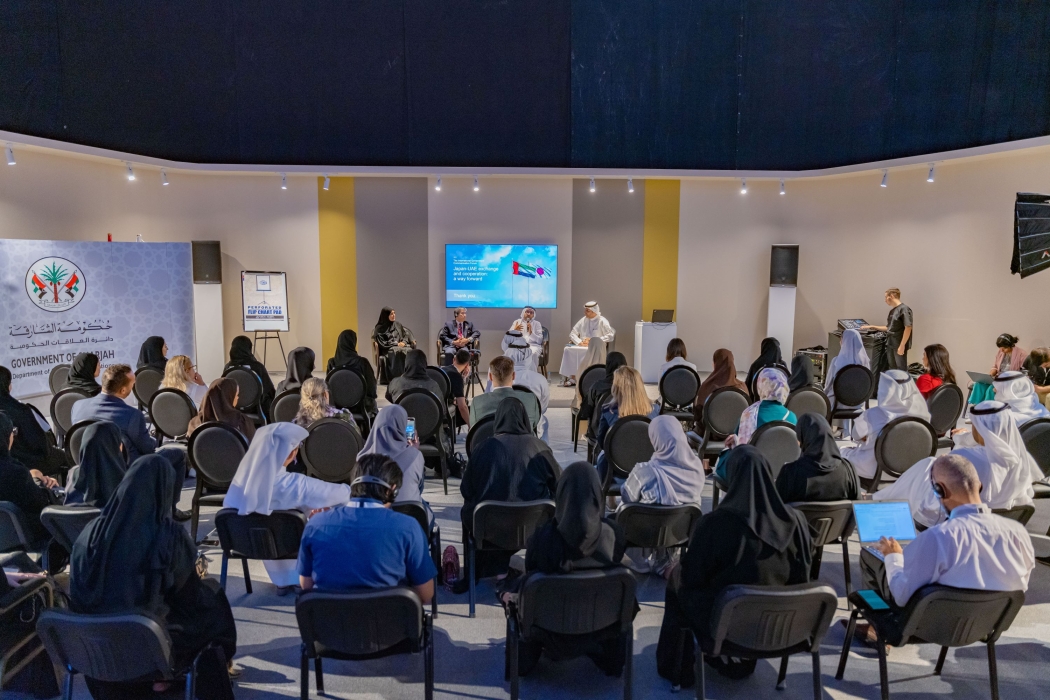3rd Middle East and Africa Ramadan Expert Meeting held virtually Medical Experts gathered in the virtual meeting to discuss recommendations on diabetes management during the month of Ramadan

For the third consecutive year AstraZeneca partnered with leading diabetologists from the Middle East and Africa region to review recommendations on diabetes management during the Holy Month of Ramadan. During the virtual meeting, a key point of the discussion among 11 expert members of the steering committee was safety and efficacy of the use of sodium-dependent glucose transporter-2 inhibitors (SGLT2i) during Ramadan, based on the outcomes of the recent clinical trials with SGLT2i. They further reviewed thelatest diabetes management guidelines issued by international and local expert societies as well as best of religious and medical recommendations for fasting type 2 diabetes patients.
Dr ElmasMalvolti, Medical Director, AstraZeneca Middle East and Africa stated: "For the third consecutive year, MEA Ramadan Expert Meeting gathered leading diabetologists committed to the exchange of know-how and best practices focused on diabetes management. Our ambition is to provide the healthcare community in the Middle East and Africa with a platform for scientific exchangeand pursue high science research and early action treatment options to support people living with diabetes.We continue to work towards ensuring innovative treatment options and approaches to manage the disease, which leads to the better support for diabetes patients across the region.”
According to the 9th edition of the International Diabetes Federation Diabetes Atlas prevalence of diabetes in adults in MENA region is 12.2%, in Africa is 4.7%and in Jordan is 12.7%.Over the next 25 years, diabetes prevalence is expected to increase in all countries, with the greatest increase expected in middle-income countries, rising to 13.9% in MENA and 5.2% in Africa. The increased prevalence of type 2 diabetes in the region has made it a key priority to the region’s governments’ health agenda. Lifestyle interventions and adherence to medications are central to disease prevention and management.
Dr. Omar Abu-Hijleh, MBBCH. MSC. FRCP. FACE. ECNU, Senior Consultant Endocrinologist, Center for Thyroid, Endocrine Diseases and Diabetes at Jordan Hospital Medical Center, Previous President of Jordan Osteoporosis Prevention Society and Past President of Jordan Chapter of the American Association of Clinical Endocrinologists (JO-AACE), has stated that: "Ensuring the optimal care of patients with diabetes who fast during Ramadan is crucial. For those patients, doctors need to carry an assessment and individualized plan which covers physical activity, meal planning, glucose monitoring, dosage and timing of medications. Our recommendations, which will be published in peer reviewed publication, summarise expert views and opinions on the current management of diabetes with SGLT2i during Ramadan and aim to enhance the current knowledge and understanding on the issue of diabetes management during Ramadan, thereby aiding the physicians in our region with appropriate decision-making for their patients during Ramadan.”
To avoid hypoglycaemia, the most feared complication by patients with diabetes, patients should adjust their sulfonylureas and insulin doses while maintaining their stable doses of SGLT-2 inhibitors for at least 2-3 weeks before Ramadan. More over the predawn meal needs be taken as late as possible before the start of the daily fast, with avoidance of excess fat, simple sugar and to consume moderate amount of complex slowly absorbable carbohydrates. Blood glucose checks by finger stick or continuous glucose monitoring is very important. Normal levels of physical activity must be maintained whenever possible and to avoid strenuous exercises. However, the biggest concern remains that most people don’t fully understand the complications associated with diabetes. The long-term goal of the steering committee is to bring about a progressive behaviour change among fasting patients and communities.
Sweifieh, BLDG 19 Abdelraheem Al-Haj Mohammad street,
P.O.Box 17788, Zip Code 11195 Amman-Jordan,Tel:+96265827580
For additional information please contact:
Lina Dodin
Medical Advisor Cardio Metabolic-Near East
M: +962797654908
E: lina.dodin@astrazeneca.com

